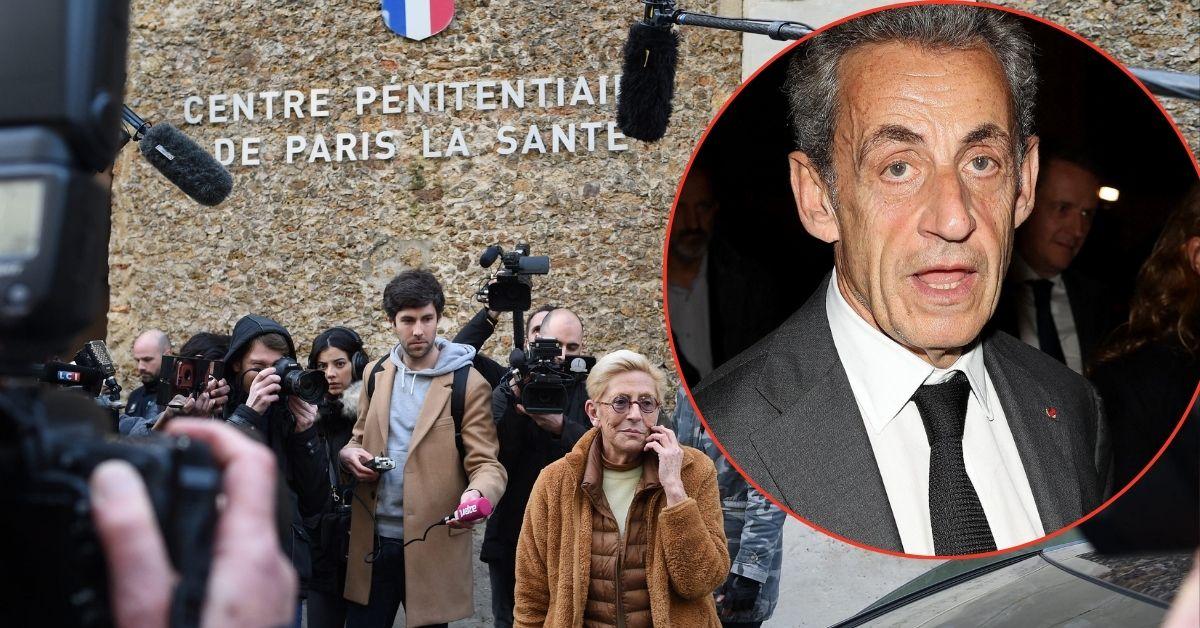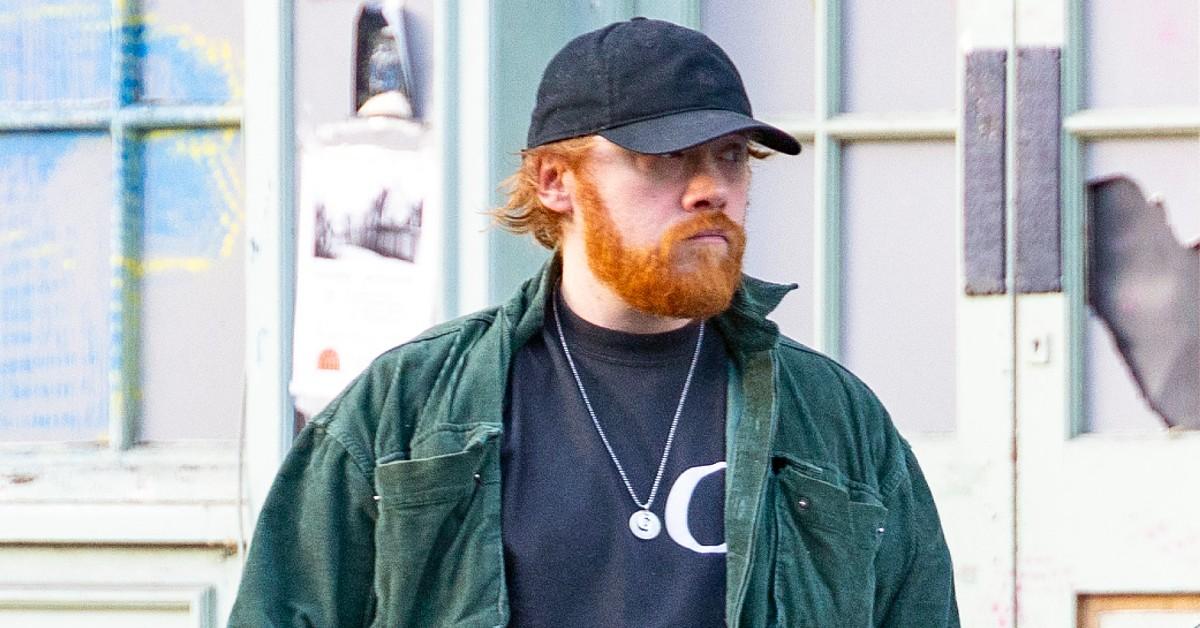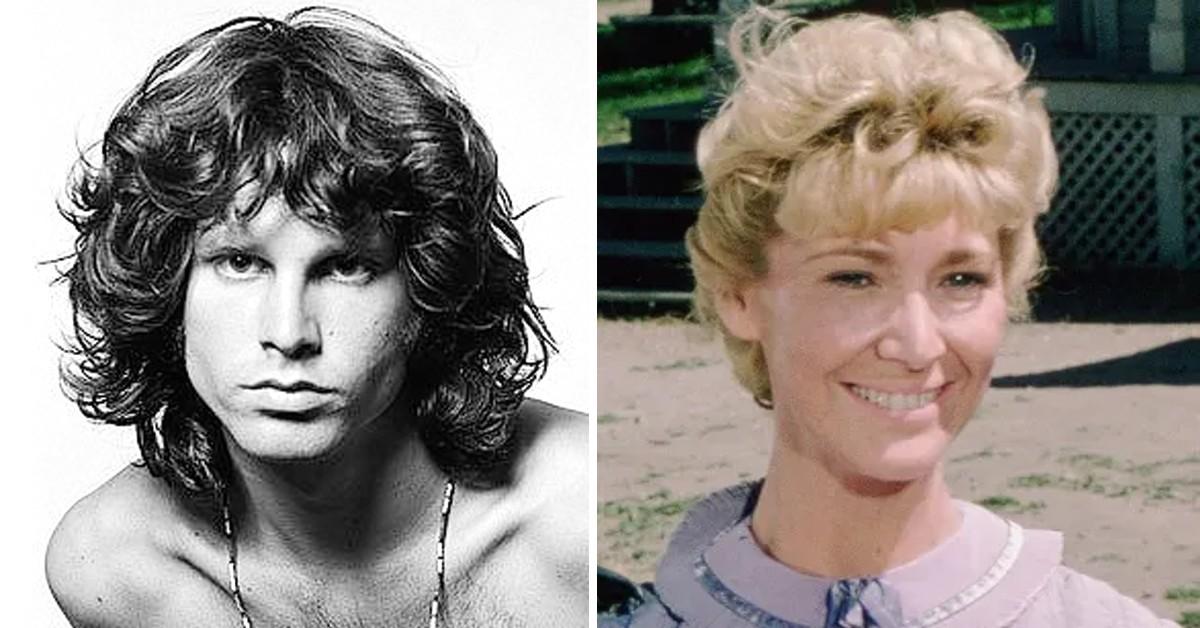Former French president Nicolas Sarkozy will soon be held in solitary confinement inside Paris’s notorious La Santé Prison – a fortress infamous for executions, riots and daring escapes, yet now equipped with a discreet VIP wing for high-profile inmates, RadarOnline.com can reveal.
Sarkozy, 70, was sentenced to five years in prison after being convicted by the Paris Correctional Court of “criminal conspiracy” to launder millions of dollars allegedly received from Libyan dictator Colonel Muammar Gaddafi to fund his 2007 presidential campaign.
Solitary Life for France’s Former President

Nicolas Sarkozy received a five-year prison sentence for criminal conspiracy.
The verdict followed a three-month trial that ended in April and included 11 co-defendants, among them three of Sarkozy’s former ministers.
Judge Nathalie Gavarino said the former leader “allowed his close associates to act with a view to obtaining financial support from the Libyan regime.”
Sarkozy maintains his innocence and has vowed to appeal.
Sources close to the French prison service have confirmed Sarkozy is now set to be transferred to La Santé, in the city’s 14th arrondissement.
He will serve his sentence on the top floor of the isolation wing, separated from other inmates and under constant supervision.
“He will have a cell equipped with a bed, desk, shower, toilet and hot plate,” said a senior justice official. “He can request a small refrigerator and a television. For safety reasons, he will not mix with the general population.”
La Santé: A Prison Steeped in Dark History
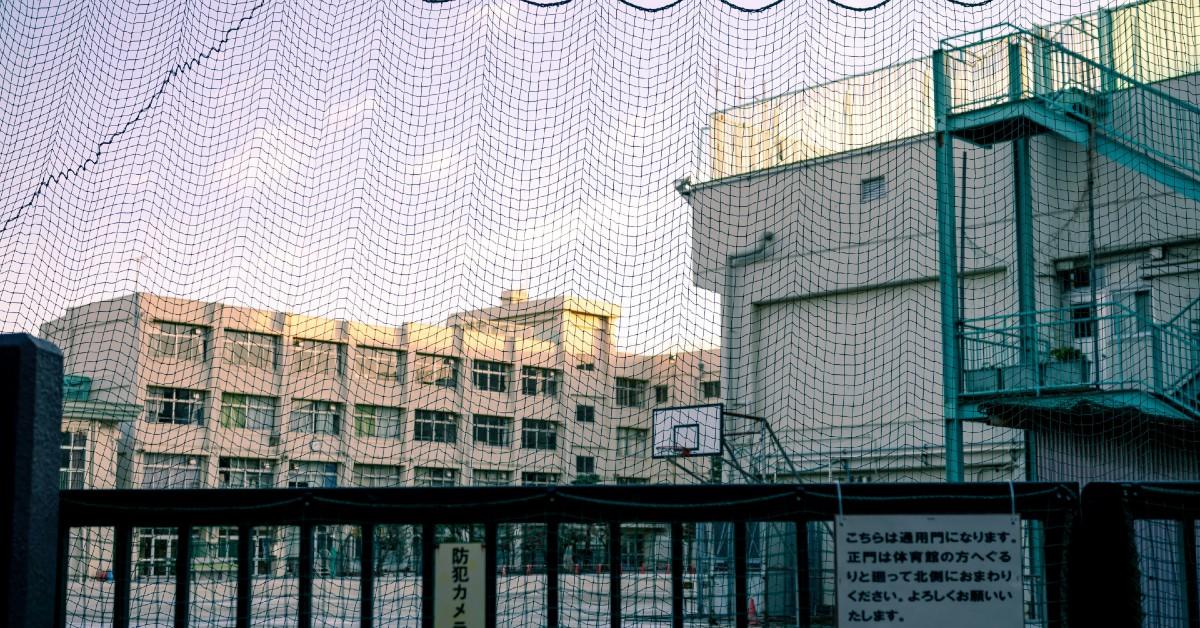
Sarkozy vowed to appeal the verdict after his conviction in April.
La Santé, built in 1867, has one of the darkest histories in French penal life. Once home to serial killers, political dissidents and gangsters, it was long governed by violence and fear.
Between the late 19th century and 1972, dozens of prisoners were executed there by guillotine – among them Roger Bontems and Claude Buffet, the last men to meet that fate in France after a failed breakout attempt left a nurse and guard dead.
The prison’s notoriety deepened through a string of riots and escapes, including the spectacular 1978 flight of gangster Jacques Mesrine, who scaled the outer wall and vanished into the streets of Paris, and another in 1986 when inmate Michel Vaujour escaped by helicopter flown by his wife.
Brutal Conditions and Scandalous Revelations
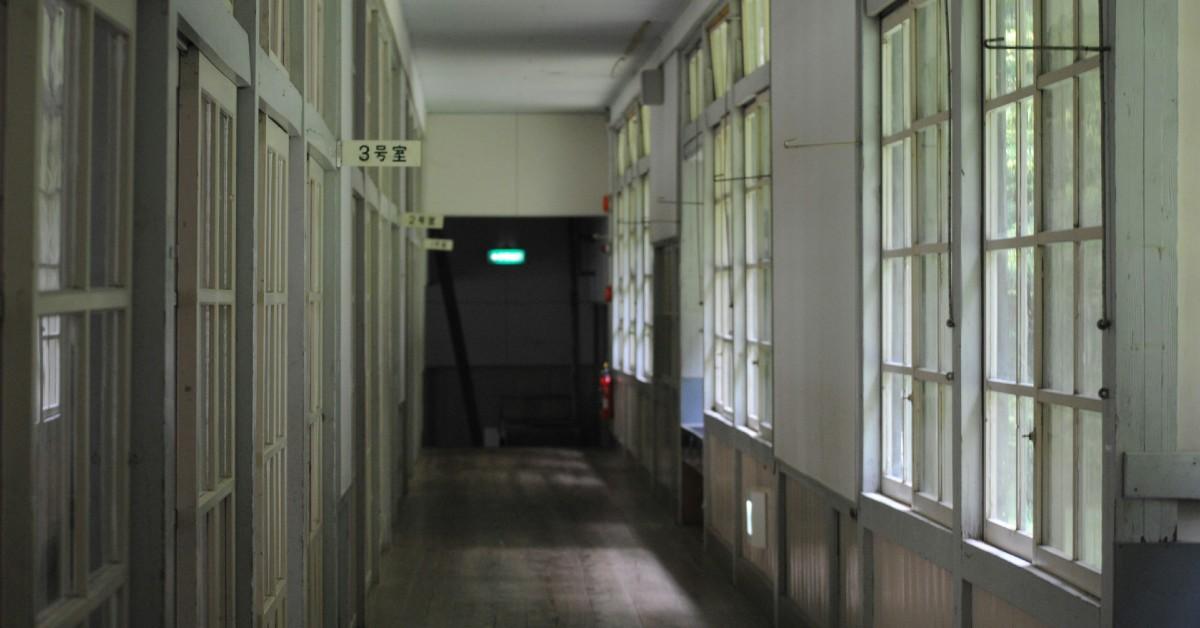
La Santé Prison once housed notorious figures like Carlos the Jackal.
The facility’s grim conditions were exposed in 2000 by its former chief medical officer, who described “a city of shadows” plagued by overcrowding, vermin and disease. His book detailed how suicidal prisoners were restrained in chains and how trench foot and infections spread in squalid cells. The scandal led to partial closures and renovations, but critics say reform has been slow.
“The physical structure has been modernized, but the ghosts remain,” said a former guard.
Despite its violent past, La Santé also maintains a “special area” for notable prisoners – a quieter section designed to ensure safety and privacy. It has housed figures such as Panamanian strongman Manuel Noriega, terrorist Carlos the Jackal and a series of high-profile politicians.
A Controversial Sentence and a Divided Nation

Sarkozy’s son Louis called for a peaceful rally to support his father.
Sarkozy’s confinement there will reignite debate over how France treats former leaders convicted of crimes. Justice ministry sources said his placement in isolation was “a matter of necessity, not privilege.”
He will be permitted two exercise sessions per day and monitored by guards at all times.
Outside the prison, Sarkozy’s 27-year-old son, Louis, has called for a peaceful rally in support of his father.
On Instagram he wrote: “This rally is not political. This is neither a protest nor a denunciation. It’s simply a gesture of support – a silent testimony worthy of a grateful country towards a man who devoted his life to it.”
La Santé now stands as both a symbol of France’s turbulent penal history and the stage for an unprecedented chapter in its political life – where a former head of state will now serve time behind its towering, century-old walls.

